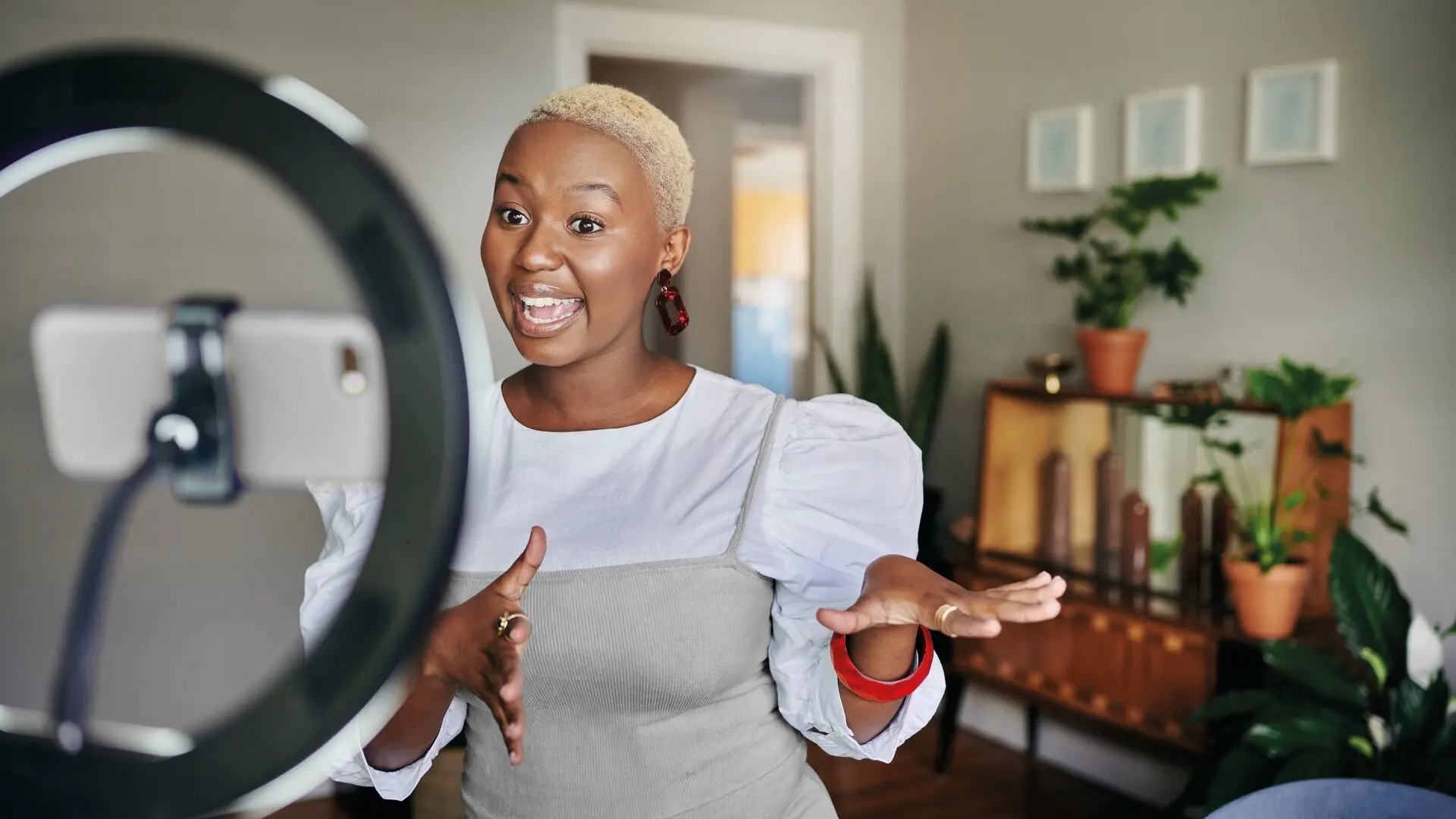Digital Marketing for beginners
What should you know about digital marketing?
The British industrialist Lord Leverhulme once quipped, "Half the money I spend on advertising is wasted, and the trouble is I don't know which half."
Advertising and marketing help you to reach new customers and grow your business. This can be tricky, and some ads are costly to produce. Have you considered digital marketing? It's a cost-effective and targeted option that can help bring even the smallest businesses into the digital world. Let’s dive into some new ways to promote your business online.
What is Digital Marketing?
For smaller businesses, digital marketing may be more effective than traditional marketing means, as it can provide more information on the online habits of customers, so they can better target ideal customers.
Every marketing journey starts with two steps: define your audience and your owned assets. It's worth spending some time defining your audience for a campaign - you can find many online guides on the topic, such as this primer by Inc.
Your owned assets include social media profiles, websites, email newsletters, videos, podcasts, and blogs. They are where people will see your marketing or products. For example, your website could list products you sell. Your blog can talk about topics that spark interest and conversation around the products, and your social media accounts can showcase your products to draw initial attention.
Each asset has a different strength: if you want to market a new pair of shoes, a blog might not be ideal, but a photo shoot or video is. Maybe you repair vintage couches. A blog about how and why you repair couches can spark the curiosity of future customers.
Reaching your audience
You have the assets, you know the target market, but how do you reach the right audience? The solution is in using organic or paid channels. Let’s get into more detail.
Organic Marketing
Organic marketing includes the type of content you want to market. Back to that example of modelling shoes - that's organic marketing because you create and publish content your customers are interested in. According to CRM provider Hubspot, "Organic marketing is a strategy that generates traffic to your business over time rather than using paid methods. This includes blog posts, case studies, guest posts, unpaid tweets, and social media posts."
There are several ways to create organic marketing:
Search engine optimisation (SEO): Search engines such as Google and Bing scour websites for keywords and other indicators that content is exciting and relevant. SEO adds keywords and phrases that attract search engine bots, encouraging them to rank your site high on search results.
Keywords are one of the most essential components of SEO. By incorporating keywords into your written web content, you can communicate to Google which searches your content is most relevant to, helping it rank for them.
Longer keywords tend to be more specific, meaning you can reach a more relevant audience and face less competition from other businesses.
Content marketing: This refers to using blogs, videos or social media posts providing relevant content to an audience. The examples of photos of modelling shoes or blogging about repairing couches count as content marketing.
Social media: Social media sites are great for drawing attention to content marketing, and you don't necessarily have to spend money to post social media content. Many social media influencers start by building their brands for free by creating good content that attracts social media followers.
Paid Advertising
You can also pay to place ads online - it's cost effective, very targeted, and highly effective (Lord Leverhulme would have approved!). A paid ad can direct people to content marketing channels or an online store. Sometimes the advertisement is also content marketing (such as promoting a social media post).
Paid advertising comes in several formats:
Search engine marketing (SEM): When you search online, you'd see several results at the top of the list marked as ads. These are SEM ads, designed to grab the attention of anyone searching for something. Such spots can be in high demand and subject to bidding rounds that raise the price. But they can generally be more affordable for smaller or niche campaigns.
Ad platforms: The ads you see on websites and search engine pages come from various ad platforms. Google Ads is the best known, but it has competitors such as Facebook Ads, Bing Ads, Amazon Ads and BuySellAds. These platforms help you create ad campaigns, select your audience, and manage your advertising budget. Some services such as eziADS cover several platforms at once, giving you even more choice.
Social media ads: Social media sites such as Facebook, LinkedIn and Twitter generate a lot of their revenue from advertising. Social media is very good for marketing: it has engaged audiences, works well for content marketing, and often covers several media formats such as written, pictorial and video content. You can promote social media posts as ads too.
Email marketing: You can reach audiences through email. On the dark side is spam - marketing that sends unsolicited promotions to people. You can send such emails to people who agreed (opted in) to receive marketing. And on the other side, you can pay for ads in a popular newsletter (such as from Substack or Daily Maverick) or cultivate your own newsletter that you send to your customers (free, but a lot of work).
How to choose digital marketing
Digital marketing makes advertising accessible to even the smallest business. But spending money on online ads is no guarantee you will get results. Business.com warns, "There are various aspects of digital marketing, as well as countless tools and platforms to leverage, and it can be intimidating – and perplexing – at first unless you have a plan in place to refer to."
How to choose marketing channels is outside of the scope of this blog, but here are a few tips to get started:
Create a marketing strategy: define what you want to market, how much you want to spend, and who you want to target.
Define your assets: what are the best ways to advertise your product: photos, videos, blogs, etc?
Set a timeline: This is part of your strategy and budget - how long will you run a campaign?
Define success: what must the ads do? Sell x number of products? Grow your audience by x number of new people? Make your brand more visible?
Be consistent: Advertising works best if it creates trust with your audience, and consistency builds trust in your message.
Look at a marketing agency that has both the relevant experience and references: If you want to use an agency, ask for references from past clients, be wary of agencies that promise they can do it all. At the same time, a marketing agency with a proven track record, strong references and reliable services can help take your business to the next level of digital marketing.
Read next
Want to find out more? Click here for expert advice from digital marketer Ines Rosef-Ingram or read more about how you can build your digital presence.
More news and insights
Explore solutions related to this article
Digital Marketing
Reach the right people at the right time.
Our digital marketing products help you connect, convert, and stay visible in a fast-moving online world.

Business Tickets
Keep your business connected with the apps you need with Business Ticket.

EziAds
Reach more than 30 million people with over 2 billion impressions per month with Vodacom advertising channels.



